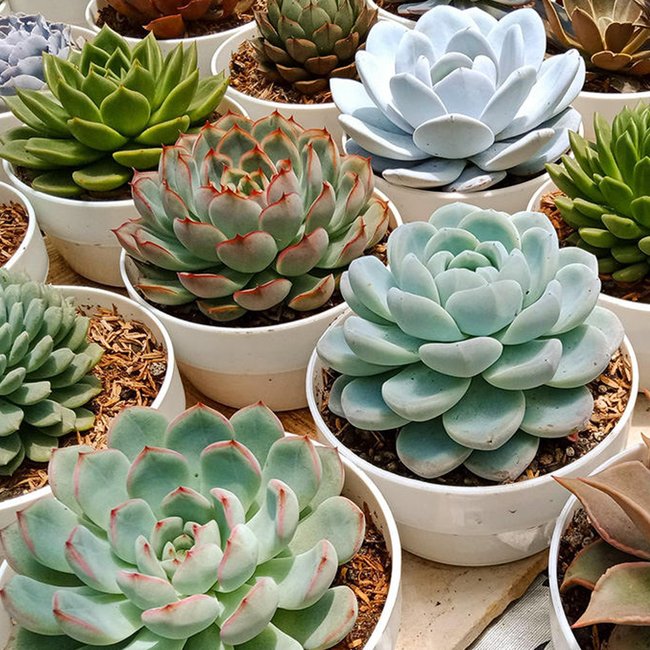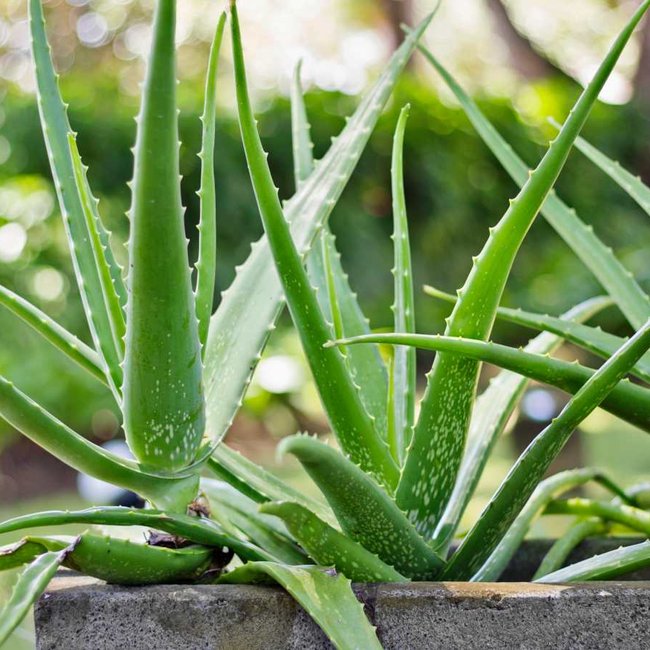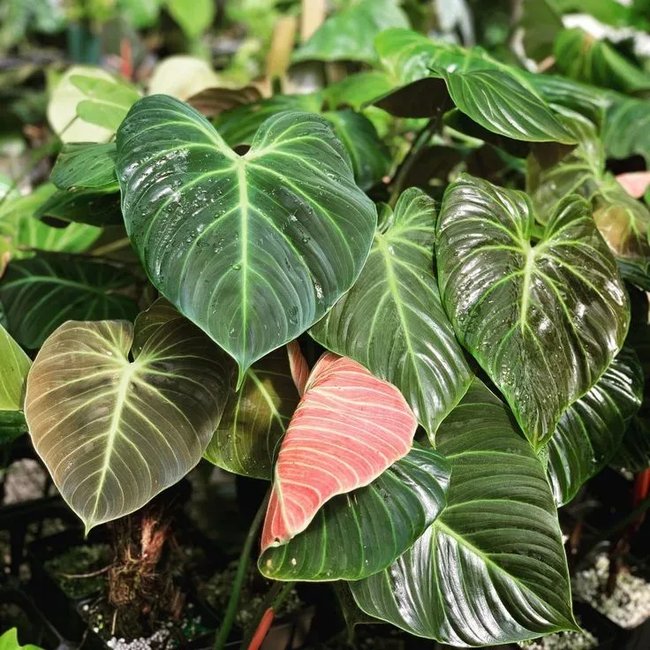Guinea pigs
Guinea pigs, also known as cavies, are small, furry rodents native to South America. They are popular pets due to their docile and friendly nature, and can live up to 10 years in captivity. Guinea pigs come in different colors and sizes, and have a wide variety of breeds.
Meta Information
Scientific Name
Cavia porcellus
Average Lifespan
4-8 years in the wild, 5-10 years in captivity
Average Size
8-14 inches long
Similar To
Chinchillas, hamsters, rats, mice
Lifecyle
The gestation period for guinea pigs is about 59-72 days, and female guinea pigs can produce up to five litters a year. Baby guinea pigs, called pups, are born fully furred and with their eyes open. They are able to eat solid food immediately after birth.
Diet
Guinea pigs are herbivores, meaning they eat a diet that consists of mostly plants. They eat hay, vegetables, and specially formulated pellets.
Habitat
Guinea pigs are found in grasslands, scrublands, and forests in South America. They live in burrows or dens, and build nests of hay or grass.
-
What are guinea pigs?
Guinea pigs, also known as cavy, are small domesticated rodents that are commonly kept as pets. They are herbivorous animals and are native to the Andes Mountains of South America. Guinea pigs are social animals and like to live in pairs or small groups.
-
How long do guinea pigs live?
Guinea pigs have a relatively long lifespan compared to other small pets. On average, they can live between 5 to 7 years, but some have been known to live up to 10 years with proper care.
-
What kind of habitat do guinea pigs need?
Guinea pigs need a spacious and secure cage with appropriate bedding, food, and water. They also require plenty of exercise and playtime outside of their cage. Guinea pigs are sensitive to temperature changes and should be kept in a room with a consistent temperature between 65-75°F.
-
What do guinea pigs eat?
Guinea pigs are herbivores and require a diet high in Vitamin C. They primarily eat hay, fresh vegetables, and fruits. It is important to avoid feeding them sugary or starchy foods, as well as foods that are toxic to them, such as chocolate, avocado, and onions.
-
How do I know if my guinea pig is healthy?
Signs of a healthy guinea pig include clear and bright eyes, a shiny coat, a healthy appetite, and regular bowel movements. It is important to monitor your guinea pig's behavior and look out for any signs of illness, such as lethargy, loss of appetite, or difficulty breathing. Regular check-ups with a veterinarian are recommended to ensure your guinea pig stays healthy.
-
How often do guinea pigs need to be groomed?
Guinea pigs require regular grooming to maintain their coat and prevent problems such as matting or hairballs. They should be brushed at least once a week and their nails should be trimmed every 4-6 weeks. It is also important to check their teeth regularly as they grow continuously, and overgrown teeth can cause health issues.
-
Can guinea pigs be trained?
Yes, guinea pigs can be trained to recognize their name, come when called, and even learn some basic tricks. They are intelligent animals and can be trained with positive reinforcement techniques such as treats and praise.
-
Do guinea pigs make good pets for children?
Guinea pigs can make great pets for children, as they are gentle and social animals. However, it is important to supervise young children when handling guinea pigs to ensure they are gentle and do not accidentally harm the animal. It is also important for children to understand the responsibility of caring for a pet and to have adult supervision with tasks such as feeding and cleaning the cage.
-
Can guinea pigs live with other pets?
Guinea pigs should not be housed with other pets such as dogs or cats, as they may view them as prey. They can, however, live with other guinea pigs as long as they are introduced properly and have enough space to live comfortably.
-
What are some common health problems for guinea pigs?
Some common health problems for guinea pigs include dental issues, respiratory infections, and skin problems. It is important to take your guinea pig to the vet if you notice any signs of illness, as they can deteriorate quickly if left untreated.
-
Do guinea pigs need to be vaccinated?
There are currently no vaccines available for guinea pigs, but they should still receive regular check-ups with a veterinarian to ensure they are healthy and receive any necessary treatments or medications.
-
How often do guinea pigs need to be cleaned?
Guinea pig cages should be cleaned at least once a week, with bedding and litter changed out completely. It is important to spot-clean the cage daily to remove any droppings or soiled bedding. Guinea pigs are clean animals and require a clean environment to stay healthy.
-
Can guinea pigs be housed outside?
Guinea pigs can be housed outside in a secure and sheltered area, but they are sensitive to temperature changes and should not be exposed to extreme heat or cold. They should have access to shade and shelter from the elements and should be brought indoors during inclement weather. It is important to ensure their enclosure is predator-proof and escape-proof.
-
Are guinea pigs nocturnal animals?
Guinea pigs are not nocturnal animals and are most active during the day. They require a consistent day-night cycle and should have access to natural light during the day and darkness at night.
-
Do male guinea pigs get along with each other?
Male guinea pigs can live together peacefully if they are introduced properly and have enough space to live comfortably. However, it is important to monitor their behavior and separate them if they show signs of aggression or dominance.
-
Can guinea pigs swim?
Guinea pigs are not good swimmers and should not be placed in water as they can easily drown. It is important to keep their cage and environment dry and free of standing water.
10 Fun Facts About
1. Guinea pigs are social animals and live in groups of up to 15 other guinea pigs. 2. They communicate through a variety of sounds, including purring, chirping, and squeaking. 3. Guinea pigs have poor eyesight, but an excellent sense of smell. 4. They are able to recognize their owners and respond to their voice. 5. Guinea pigs groom themselves and each other. 6. They are able to jump up to a foot in the air. 7. Guinea pigs have four toes on their front feet and three on their back feet. 8. They have no tails. 9. They can live up to 10 years in captivity. 10. Guinea pigs are the 4th most popular pet in the world.
Pun
What do you call a guinea pig that loves to dance? A cav-a-boogie!
Out Thoughts About
🐹🤗 Guinea pigs are so cute and cuddly! They make the perfect pet for those looking for a low-maintenance companion.







